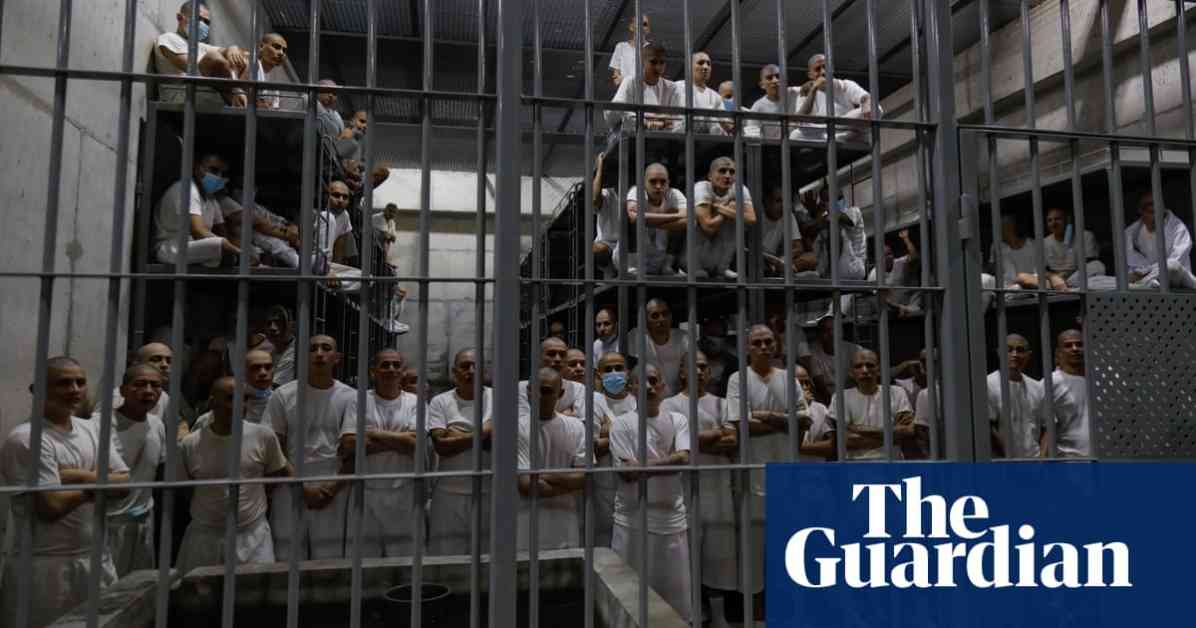Tuberculosis Crisis in Latin America: The Harsh Reality
Latin America is facing a growing crisis as tuberculosis rates surge due to high imprisonment rates. The region, which has the fastest-growing prison population globally, is bucking the trend of declining tuberculosis cases seen in other parts of the world.
The Root Cause: Prisons as Incubators of Disease
A recent study published in The Lancet Public Health journal has shed light on the alarming link between high incarceration rates and the rise of tuberculosis in Latin America. Contrary to previous assumptions, HIV/Aids is not the primary risk factor for tuberculosis in the region. Instead, researchers have identified imprisonment as the leading cause of the disease’s spread.
The study focused on six countries – Brazil, Colombia, Mexico, Argentina, Peru, and El Salvador – which collectively account for the majority of tuberculosis cases in the region. The exponential increase in imprisonment rates in these countries has surpassed traditional risk factors like HIV/Aids, smoking, drug use, and malnutrition.
The Grim Reality Inside Prisons
The conditions within Latin American prisons are ideal for the transmission of tuberculosis. Overcrowded spaces, lack of proper ventilation, and a population with individual risk factors for the disease create a breeding ground for infections. Tuberculosis rates among incarcerated individuals are a staggering 26 times higher than in the general population.
Juan Pappier, from Human Rights Watch, attributes the surge in incarcerations to excessive pretrial detention and longer sentencing durations, fueled by populist responses to crime. The mass incarceration has not only failed to reduce crime rates but has also bolstered criminal organizations operating within prisons.
Julita Lemgruber, a former prison system head, highlights the misconception that punishment equals imprisonment. In countries like Brazil, where there is no death penalty, incarcerated individuals eventually return to society, potentially spreading tuberculosis beyond prison walls.
A Call for Change and Action
Experts like Dr. Julio Croda emphasize the urgent need for reducing incarceration rates and improving prison conditions to combat the tuberculosis crisis. Diagnostic tests are rarely conducted within prisons, leading to underreported cases of the disease. Providing humane treatment and better healthcare services within penitentiaries is crucial to addressing this public health emergency.
The study projects that a 50% reduction in prisoner intake and sentence lengths by 2034 could lead to a significant decline in tuberculosis cases. However, immediate action is needed to prevent further catastrophic consequences in Latin America’s prisons. By targeting the root causes of mass incarceration and implementing strategic reforms, the region can work towards a future with fewer cases of tuberculosis and a healthier population overall.
